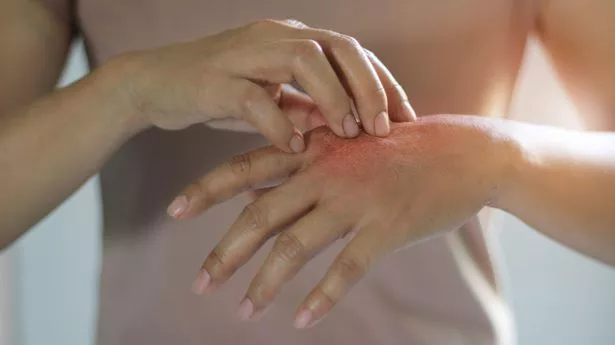
Lymphoma is a type of cancer that begins in the lymphatic system, which is part of the body’s germ-fighting network. The lymphatic system includes the lymph nodes (lymph glands), spleen, thymus gland, and bone marrow. Lymphoma can affect all those areas and other organs throughout the body. There are two main types of lymphoma:
Hodgkin’s Lymphoma (HL): Characterized by the presence of Reed-Sternberg cells, a type of abnormal cell, in the lymphatic tissue. Hodgkin’s lymphoma is relatively rare and often has a high rate of treatment success.
Non-Hodgkin’s Lymphoma (NHL): A more common group of lymphomas, which encompasses a wide range of subtypes. NHL can vary significantly in their behavior, from slow-growing that require little to no treatment, to very aggressive forms.
Causes and Risk Factors
The exact cause of lymphoma is not fully understood, but several factors may increase the risk of developing the disease:
- Age: Some types are more common in young adulthood (HL), while others are more frequent in people over 60 (NHL).
- Sex: Some types are more common in men than in women.
- Immune system deficiency: Arising from HIV/AIDS, an organ transplant requiring immunosuppressive medications, or congenital conditions.
- Autoimmune diseases: Such as rheumatoid arthritis or lupus.
- Exposure to certain chemicals: Like benzene and some pesticides.
- Infection: Certain viral and bacterial infections are associated with an increased risk of lymphoma, including Epstein-Barr virus (EBV), Helicobacter pylori, and human T-lymphotropic virus (HTLV-1).
Symptoms
Symptoms of lymphoma can include:
- Swollen lymph nodes in the neck, armpits, or groin that are usually painless.
- Fever and night sweats.
- Unexplained weight loss.
- Fatigue.
- Coughing, difficulty breathing, or chest pain.
- Persistent itchiness all over the body.
Diagnosis
Diagnosing lymphoma generally involves a combination of:
- Physical examination, especially checking for swollen lymph nodes.
- Blood tests to look for signs of cancer or infection.
- Imaging tests, such as CT, PET, or MRI scans, to identify swollen lymph nodes or affected areas.
- Biopsy of lymph node or bone marrow to confirm the diagnosis and subtype of lymphoma.
Treatment
Treatment depends on the type and stage of lymphoma, as well as the patient’s overall health, and may include:
- Chemotherapy: The use of drugs to kill cancer cells.
- Radiation therapy: The use of high-energy rays to target and destroy cancerous cells.
- Immunotherapy: Treatments that help the immune system recognize and fight cancer cells more effectively.
- Targeted therapy: Drugs that target specific vulnerabilities in cancer cells.
- Stem cell transplant: Replacing diseased bone marrow with healthy marrow, either from the patient (autologous) or a donor (allogeneic).
Living with Lymphoma
The prognosis for lymphoma varies greatly depending on the type, stage, and how well the cancer responds to treatment. Advances in medical research continue to improve the outcomes and quality of life for people with lymphoma. Ongoing follow-up care and monitoring are crucial for managing the disease and addressing any side effects of treatment.
If you or someone you know is diagnosed with lymphoma, it’s important to seek care from a medical team with experience treating this type of cancer. Support groups and counseling can also provide valuable resources and support for individuals and families navigating this condition.
Conclusion
London Private Ultrasound is committed to providing high-quality lymph node health assessments with our Lymph Node Health Package. This comprehensive package ensures that you receive the most thorough evaluation and personalized care for your lymph node health. For appointments and enquiries, visit our website at www.londonsono.com, call us at 02071013377, or email us at [email protected].
Additional Information
If you have any questions about the Lymph Node Health Package or your health, do not hesitate to contact us. We are here to provide you with the information and support you need for your health and well-being.

